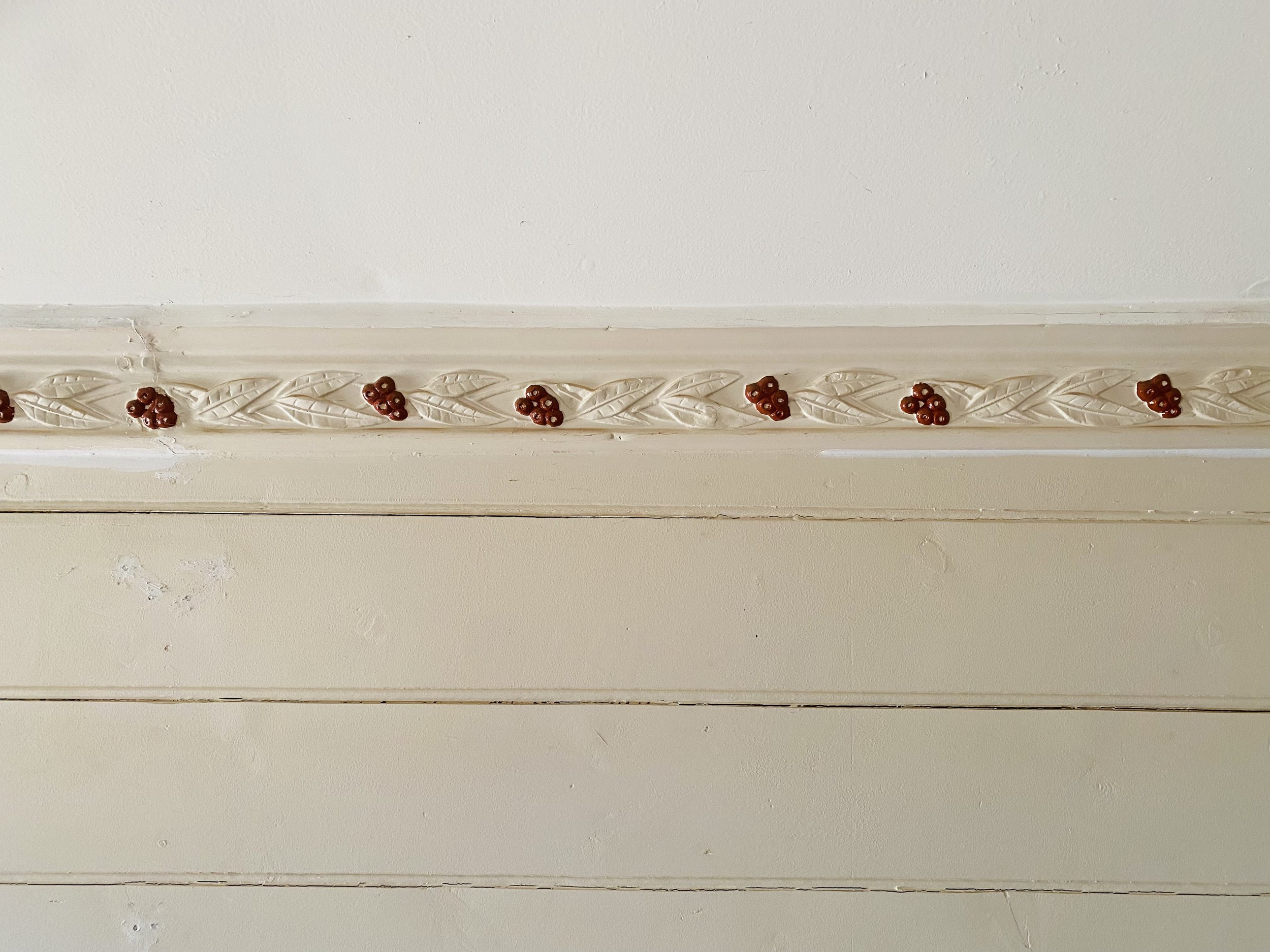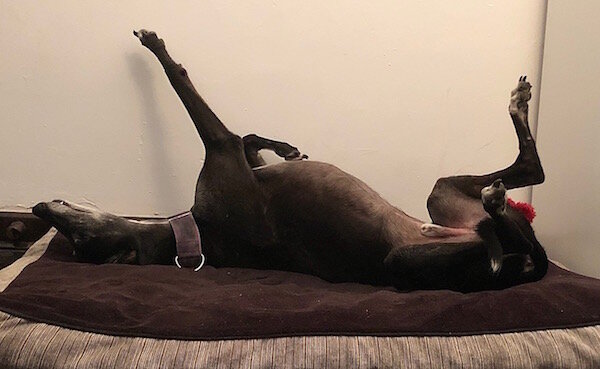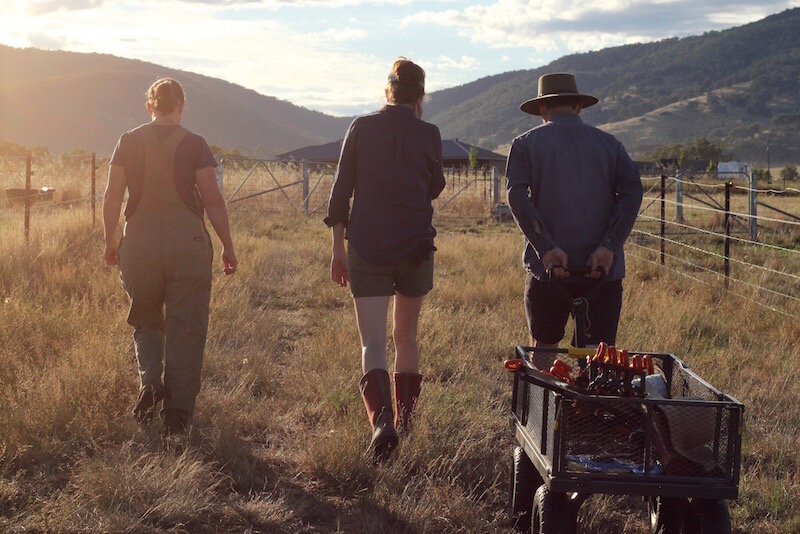We have just moved into an old, old cottage which holds the memories of many previous tenants… and their decorative quirks.
The kitchen has a bright red splashback reminiscent of a retro diner, and a wooden mantlepiece made Dracula with a cloak of black paint.
The bathroom – a semi-detached space lined with asbestos – sports a shower cubicle the colour of hospital scrubs and charcoal linoleum laid directly on the earth.
In the living room, some patient soul has painted the individual gumnuts in the decorative cornice to resemble sultanas…
…and the property came with a one eyed cat named Waddlesworth.
During our first 24 hours in residence, Jord and I vowed to rip off the splashback, pull up the lino and subdue the hues that so offended us.
But over the following days we settled into these gaudy ways, making quiet peace with pieces of the past, feeling the rightness – and politeness – of not only pausing before putting our mark on this place but, in the longer term, making do.
Makedo.
Makédō
Make Do.
We could buy new tiles, replace the shower and ditch the old cat in favour of a kitten with binocular vision.
Or we could chill.
I’m reading The War Below by Ernest Scheyder which is about the global transition to “green” energy and all the lithium, copper and rare earths mining it will require. New mines on sacred lands. The old story of more stuff.
In The Art of Frugal Hedonism, Annie Raser-Rowland and Adam Grubb describe “the joy of not renovating".
Retrofitting for comfort and efficiency is one thing, but I wonder how far we can stretch our taste to create less waste? Is pausing before replacing a perfectly functional thing the first, and easiest, rule of sustainability? What makes something ugly? What makes something ugly/beautiful?
We will content ourselves to paint the splashback, leave the asbestos alone and pat the cast off cat till he shines.
This makedo life ♥️













